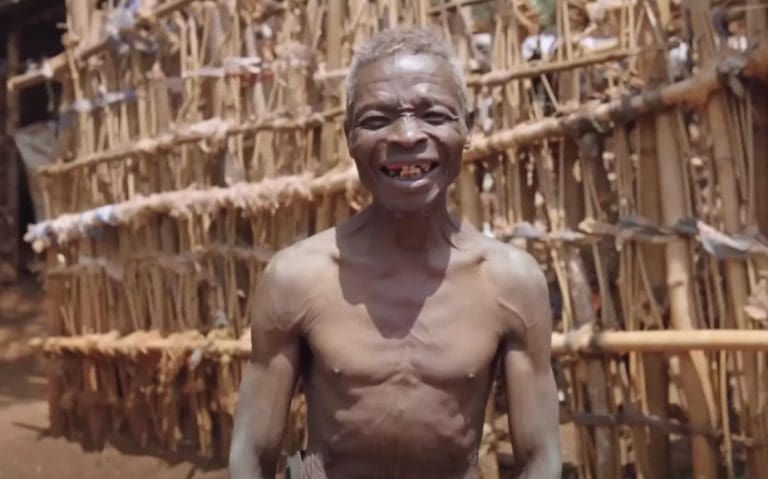Callixte Nzamwita, a man from Rwanda, has lived a life of extreme solitude for over 55 years due to a profound fear of women. This phobia has driven him to extreme measures to ensure no woman comes near him, leading him to confine himself within the walls of his home since he was 16 years old. His story was shared through an interview with Afrimax English, a channel that reveals unique stories from around Africa.
Nzamwita’s residence, a mud house surrounded by a robust fence draped in cloth to obstruct visibility, symbolizes his intense need for isolation. His decision to live this way stems from a deep-seated fear of women, which he links to experiences of poverty that have shaped his perceptions and fears. This fear is clinically known as gynophobia, an intense and irrational fear of women, which is distinctly different from misogyny, which involves hatred and prejudice and is learned behavior. Gynophobia is considered a specific phobia related to a severe fear of specific situations, objects, or beings that often originates from traumatic experiences in early life.
Despite his seclusion, the women in his community have played a crucial role in his survival. These women, whom he avoids direct contact with, support him by throwing food and other necessities over his fence, which he retrieves once they leave. This arrangement highlights a complex relationship between his fear and the indirect support he receives from the very source of his phobia.
In 2023, Nzamwita made a significant stride in confronting his fear by allowing a woman into his home for the first time in many years, facilitated by the presence of the Afrimax team. This event indicates a potential turning point in his battle with his phobia.
Experts suggest that with professional mental health support, individuals suffering from phobias like gynophobia can learn to manage their fears and significantly improve their quality of life. Nzamwita’s story not only sheds light on the profound impact phobias can have on a person’s life but also offers a glimmer of hope for recovery and adaptation.




